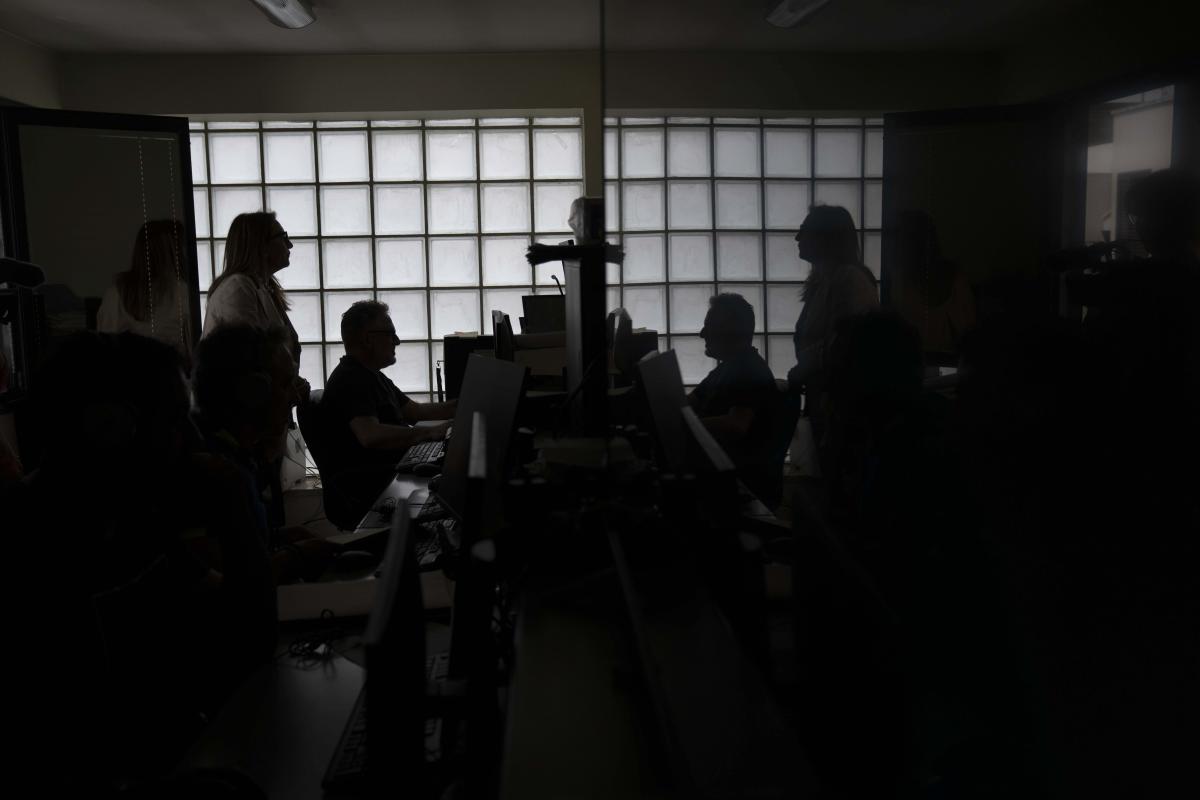ROME (AP) — Last month, an Italian administrative court verified the dissolution of the city administration of the Puglia city of Neviano, after an examination identified that regional authorities were being unduly affected by the mafia.
The choice hardly made news in Italy, where town hall administrations, town councils and regional public health companies are routinely liquified since of mafia seepage or collusion, and independent commissioners designated to take control of.
While the popular picture of the Italian mob was made well-known by Don Corleone and the organized crime shootouts of “The Godfather,” the truth of the mob in Italy today is much more nuanced and gnaws at the heart of its democracy: regional governance.
From the awarding of huge public works agreements to small-town choices about who handles garbage dumps, car park and beach concessions, city governments are especially susceptible to mafia impact and corruption, according to the International Institute for Democracy and Electoral Help, an interagency company.
Puglia, which will host today’s Group of 7 top, ranks 4th amongst Italian areas in the variety of regional administrations that have actually been liquified since of mafia seepage, with 26 decrees released because 1991, out of a nationwide overall of 326, according to Avviso Pubblico, an Italian association that tracks the decrees.
That fourth-place ranking likewise represents the fourth-place status of its regional mafia, the Sacra Corona Unita, on the hierarchy of Italy’s mafia clans.
The SCU is the youngest and tiniest of the the mob groups in the nation, after the ‘ndrangheta in Calabria, the Camorra in Campania and Cosa Nostra in Sicily. And it is the just one whose origins are truly understood: it was established in jail in the early 1980s by Pino Rogoli as a self-governing Puglia-based option to other mobs.
While at first concentrating on the trafficking of cigarettes and other contraband with Balkan nations, the SCU’s clan-based company changed into drug trafficking and extortion.
In the 2000s, it started a brand-new stage “of getting rooted in the area, the so-called cover-up and camouflage stage,” stated Marilù Mastrogiovanni, an investigative reporter and journalism teacher at the University of Bari.
That stage, which is flourishing for clans today, included preventing disastrous acts of violence “so that everybody, from normal people to police, would ignore it,” she stated.
Now, the focus is on laundering drug revenues through genuine front business, numerous dealing with Puglia’s growing tourist market, while penetrating the regional public administration to guide public agreements its method, stated Carla Durante, head of the Lecce workplace of Italy’s Anti-Mafia Investigative Directorate.
Europol, the European police, states 60% of the the mob groups it tracks in Europe participate in some sort of corruption, from minor bribery of public authorities to multi-million euro corruption plans.
“Corruption deteriorates the guideline of law, deteriorates organizations of states and impedes financial advancement,” Europol stated in its newest report, “Severe and The Mob Hazard Evaluation.”
___
This story, supported by the Pulitzer Center for Crisis Reporting, belongs to a continuous Associated Press series covering dangers to democracy in Europe.
